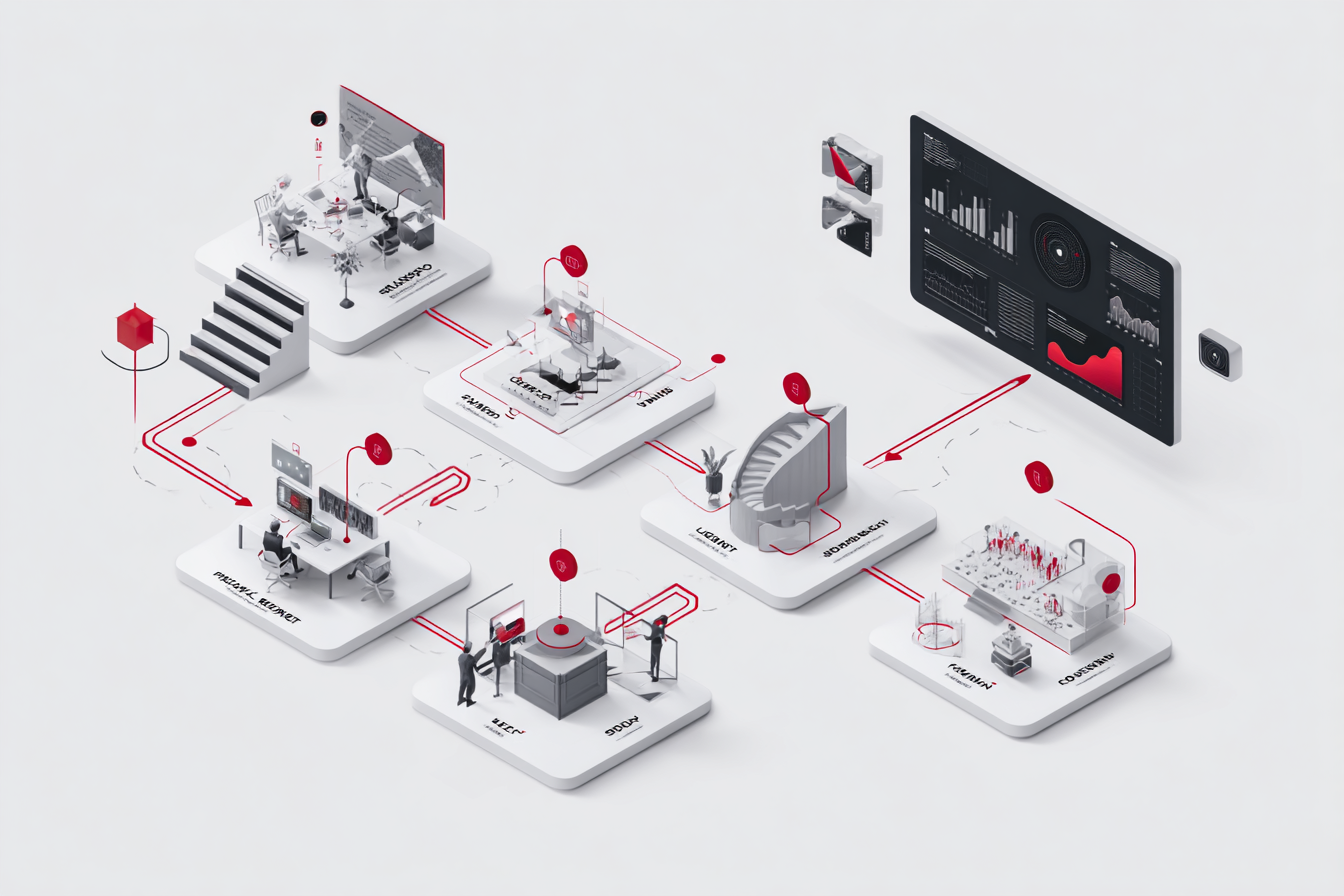Understanding the AI-Driven Business Model Transformation
In today's fast-paced digital landscape, the ability to leverage artificial intelligence (AI) is no longer a luxury; it has become a necessity for businesses aiming to thrive. But what does it look like when AI learns your business model? To answer this, we need to examine the integration of AI into your operational framework and how it can transform your decision-making processes, customer interactions, and overall strategic outlook.
The Framework of AI Learning Your Business Model
At its core, AI learning your business model involves the analysis of data generated from various aspects of your operations — from sales to customer service, and even supply chain management. When AI systems are integrated, they begin to:
- Collect and Analyze Data: AI algorithms start by gathering data points from different sources. This includes sales figures, customer feedback, website traffic, and social media interactions. The goal is to create a comprehensive dataset that represents your business’s performance.
- Identify Patterns: Over time, AI identifies trends and patterns within the data. For instance, it can reveal peak sales periods, customer preferences, and even potential product mismatches. These insights are invaluable for informed decision-making.
- Make Predictions: Once the AI has a solid understanding of your business model, it can make predictions about future trends. For example, it might forecast which products are likely to become bestsellers or predict shifts in customer behavior due to external factors.
Each of these steps contributes to a refined understanding of your business, allowing for more precise strategies and operational improvements.
Real-World Applications: Case Studies of AI Integration
The theoretical benefits of AI are compelling, but real-world examples illustrate its transformative power more effectively. Let's explore a few case studies where companies successfully integrated AI into their business models.
- Retail Sector: A major retail chain implemented AI to analyze customer shopping behavior. The AI learned from purchase history and online interactions, allowing the retailer to personalize marketing campaigns. As a result, they saw a 30% increase in customer engagement, translating into higher sales and improved customer loyalty.
- Healthcare Industry: In a healthcare setting, an AI system was deployed to manage patient data and optimize scheduling. By learning the operational flow and patient needs, the AI could predict when patients were more likely to cancel appointments and suggest proactive scheduling changes. This resulted in a 20% increase in patient retention and optimized resource allocation.
- Manufacturing: A manufacturing company integrated AI to analyze production data and supply chain logistics. The AI learned the intricacies of their operations, enabling it to predict equipment failures before they occurred. This predictive maintenance approach reduced downtime by 25%, saving costs and increasing productivity.
These examples highlight how AI can not only learn but also enhance business operations, creating efficiencies and driving growth.
Implementing AI in Your Business Model: A Strategic Approach
Integrating AI into your business model is not just about adopting technology; it requires a strategic approach. Here are actionable insights to help you get started:
- Define Your Goals: Clearly outline what you aim to achieve with AI. Is it improved customer engagement, operational efficiency, or predictive analytics? Having a clear objective will guide your AI deployment strategy.
- Data is Key: Ensure you have access to quality data. Invest in data collection processes that capture relevant metrics. The more robust your data, the better your AI’s learning process will be.
- Choose the Right AI Tools: Select AI solutions that align with your business needs. Whether it’s through custom GPT applications or specialized analytics tools, ensure they are adaptable to your industry.
- Monitor and Adapt: AI integration is not a one-time event. Continuously monitor performance and adapt your strategies based on AI insights. This iterative approach will help you fine-tune your business model over time.
By taking these steps, you can position your organization to fully leverage AI's capabilities and drive meaningful change.
Innovoe's Role in Your AI Journey
At Innovoe, we understand the complexities of integrating AI into your business model. Our team specializes in building intelligent software systems and custom LLM-based applications tailored to your unique needs. Whether you're looking to optimize operations, enhance customer interactions, or gain predictive insights, Innovoe can partner with you on this transformative journey.
In conclusion, when AI learns your business model, it can lead to incredible advancements in operational efficiency, customer satisfaction, and strategic foresight. By embracing this technology, you can not only keep pace with industry changes but also become a leader in your sector.

